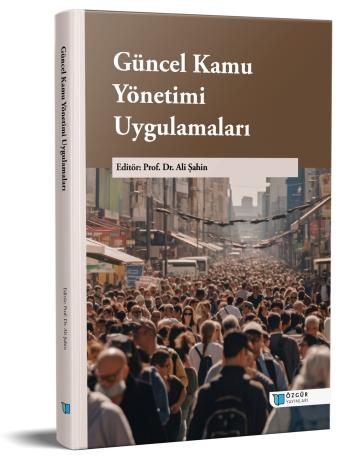
A Review on the Urban Resilience Approach of the Twelfth Development Plan
Chapter from the book:
Şahin,
A.
(ed.)
2024.
Current Public Administration Practices.
Synopsis
As one of the most important elements of economic and social progress, cities are under pressure from chronic (unemployment, security, climate change, housing and environmental pollution, etc.) and acute (e.g. earthquakes, floods, fires and industrial accidents) shocks. The need to respond and adapt towards shocks that can cause major damage to urban systems, and to maintain their functions and growth requires cities to be made resilient. In order to ensure urban resilience, many states have started to include resilience in their urbanisation policies. Turkey has been making efforts to integrate resilience into its urbanisation policy in order to reduce the effects of urban shocks. Resilience is one of the main topics covered in the development plans, which are among the basic texts shaping Turkey’s urbanisation policies. The aim of this study is to explain the urban resilience approach of the Twelfth Development Plan covering the period 2024-2028. In this study based on document analysis technique, it has been determined that the development plan in question focuses on resilience points against disasters and climate change impacts and has a multidimensional and holistic perspective covering all sectors and stakeholders.

